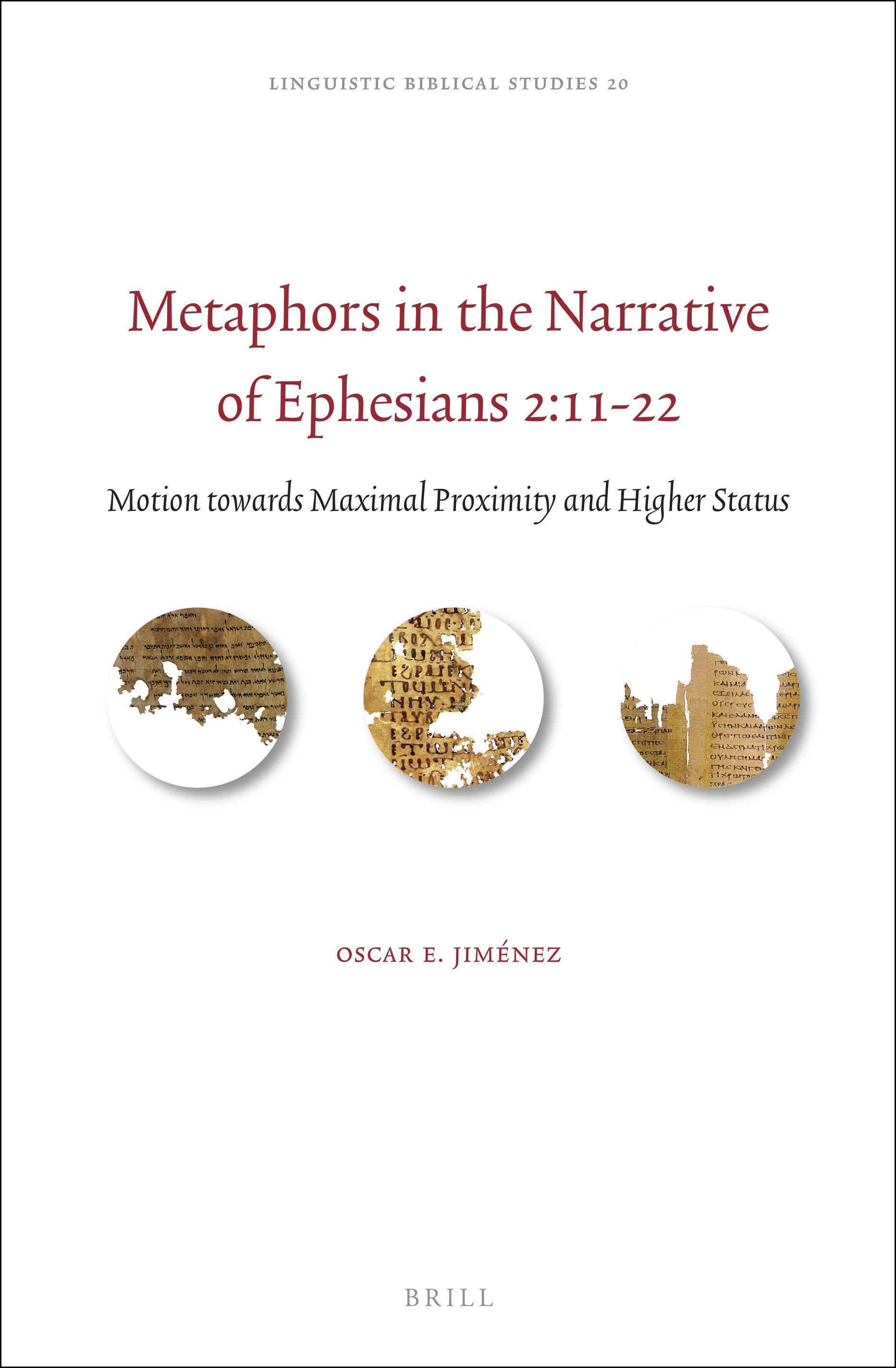2023.02.03 | Byron MacDougall, Philosophy at the Festival: The Festal Orations of Gregory of Nazianzus and the Classical Tradition. Mnemosyne Supplements 461; Leiden/Boston: Brill, 2022.
Review by Robert G. T. Edwards; University of Göttingen.
Gregory of Nazianzus’ seven Festal Orations, preached at Christmas, Epiphany, Easter, and Pentecost during his short-lived episcopacy in Constantinople from 379 to 381, have received minimal scholarly attention, especially compared to Gregory’s more famous Theological Orations. However, as Byron MacDougall shows, the disparity between the fame of the Theological and the Festal Orations is a decidedly modern and western phenomenon: Gregory’s festal sermons were hugely influential in the Byzantine world already in the fifth century. This book is not a general study of these orations, but focuses on a single aspect of them, namely how Gregory “performed philosophy at the festival.” This phrase, repeated in various iterations throughout the book, refers to Gregory’s participation in a longstanding Greek tradition in which philosophical—especially Platonic—speculation (theōria) was closely associated with festival-going. From classical antiquity until late antiquity, there was every expectation among the learned (pepaideumenoi) that the festival should include spectacles both corporeal (games, shows, races) and intellectual (philosophical discussions and orations). And Gregory’s orations, delivered at newly instituted Christian festivals, unquestionably played to these expectations. Through six chapters, MacDougall highlights in lucid prose Gregory’s participation in this long tradition of philosophizing at festivals.
Read the rest of this entry »






